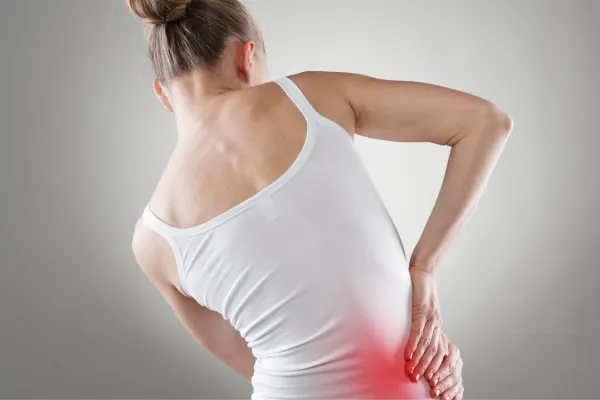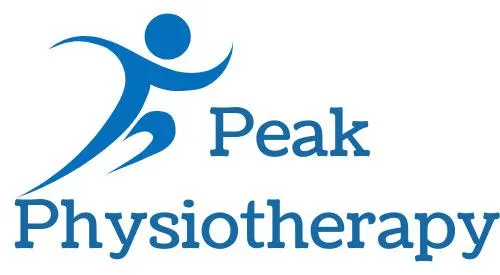
What Causes Hip Pain at Night—and How to Fix It
If you're waking up in the middle of the night because of hip pain—or struggling to fall asleep at all—you’re not alone. Night-time hip pain is a common complaint we hear at Peak Physiotherapy Clinic in Galway, and it can be both physically and emotionally exhausting.
Whether the pain feels dull, sharp, or achy, understanding what’s causing it is the first step to finding relief. In this blog, we’ll explore the most common reasons for hip pain at night and what you can do to fix it.
Why Does Hip Pain Get Worse at Night?
Pain at night often feels worse because the body is at rest, which reduces blood flow and increases stiffness. Lying on your side can also put direct pressure on sensitive structures in or around the hip. On top of that, you're more likely to notice pain without distractions, making it harder to ignore or "push through" like you might during the day.
Common Causes of Night-Time Hip Pain
1. Hip Bursitis
Bursitis is the inflammation of the bursa, a small fluid-filled sac that cushions your hip joint. When irritated, it can cause sharp pain when lying on the affected side. Even turning over in bed can become painful.
Signs to watch for:
Pain on the outer side of the hip
Discomfort when lying on the painful side
Sensitivity to touch or pressure
2. Hip Tendinopathy
Tendinopathy involves damage or irritation to the gluteal tendons, which support the outer hip. Pain often builds gradually and can become more noticeable at rest or during side-lying.
Common symptoms:
Aching on the outer hip or buttock
Pain when walking up stairs or standing after sitting
Tenderness when lying on your side
3. Osteoarthritis
Hip arthritis is a wear-and-tear condition that causes joint stiffness and inflammation. At night, inflammation can increase, and restricted movement during sleep makes the joint feel stiff and achy.
Typical signs:
Deep groin or buttock pain
Morning stiffness
Limited range of motion
4. Poor Sleeping Position
Sometimes, your sleep posture is the problem. Lying on a hard mattress, or keeping your hips in awkward positions for hours, can cause joint compression and muscle tightness.
How to Fix Hip Pain at Night
✅ 1. Adjust Your Sleeping Position
Try sleeping on your back with a pillow under your knees to reduce pressure on your hips.
If you prefer side-sleeping, place a pillow between your knees to keep your hips aligned.
Avoid sleeping directly on the painful hip.
✅ 2. Apply Heat or Ice Before Bed
Heat can relax tight muscles.
Ice can reduce inflammation, especially if bursitis or tendinopathy is suspected.
✅ 3. Stretch Tight Muscles
Gentle hip and glute stretches before bed can relieve tension and reduce pain overnight. Focus on:
Glute stretches
Piriformis stretch
Hip flexor stretches
✅ 4. Strengthen Supporting Muscles
Weak glutes and core muscles often lead to imbalances that strain the hip joint. A physiotherapist can guide you through a targeted strengthening programme to build support and reduce irritation.
✅ 5. Seek Physiotherapy
At Peak Physiotherapy Clinic in Galway, we use a combination of manual therapy, exercise rehab, dry needling, and education to treat the underlying cause of your night-time hip pain.
Whether it’s bursitis, tendinopathy, arthritis, or postural strain, we’ll provide a personalised recovery plan so you can sleep—and move—comfortably again.
You Don’t Have to Lose Sleep Over Hip Pain
Night-time hip pain can affect your energy, your mood, and your quality of life. The good news is: it’s highly treatable with the right care and a clear plan.



